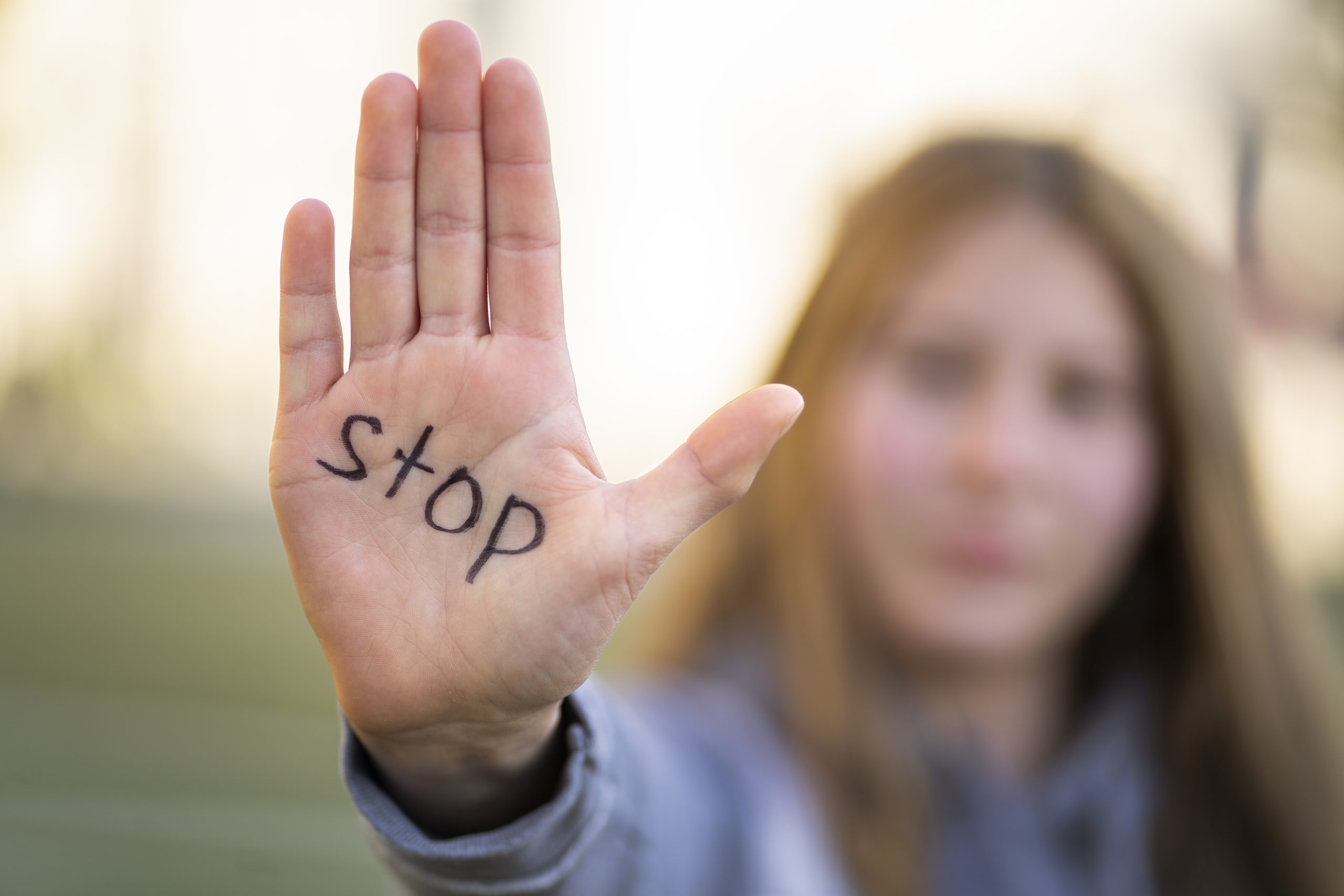Hold onto your beliefs, readers, because today we’re about to unravel a deeply unsettling reality that’s been lurking within Michigan’s criminal justice system. As someone who’s been a part of this intricate legal landscape for years, I can tell you that the scales of justice aren’t always as balanced as they should be. Brace yourself for an eye-opening journey into the heart of racial disparities that have plagued communities of color in Michigan, revealing the shocking causes and consequences that we can no longer ignore.
1. The Disturbing Truth: Racial Disparities Unveiled
Picture this: Two individuals, identical in every way except for the color of their skin, facing criminal charges. Yet, one is statistically more likely to end up with a harsher sentence than the other. This unsettling phenomenon is the stark reality of racial disparities in Michigan’s criminal justice system. Communities of color have been disproportionately impacted by this skewed system, and it’s high time we shed light on this disturbing truth.
2. Racial Profiling: A Harsh Reality
Racial profiling isn’t just a phrase thrown around in conversations; it’s a hard reality experienced by far too many. People of color are often subjected to heightened scrutiny and unwarranted stops by law enforcement officers, simply because of the color of their skin. This not only breeds mistrust between communities and law enforcement but also serves as a breeding ground for disparities in arrests, charges, and convictions.
3. Implicit Bias: A Silent Culprit
Implicit bias is a silent yet potent culprit that seeps into every facet of the criminal justice system. Judges, prosecutors, and jurors alike can be unknowingly swayed by preconceived notions about race. This can lead to harsher sentences for individuals of color and lighter penalties for their white counterparts. The effects of these biases ripple throughout the entire system, leaving communities of color disproportionately impacted.
4. The Sentencing Disparity Trap
Sentencing disparities are a ticking time bomb within the criminal justice system. Research has shown that people of color are often slapped with more severe sentences compared to white offenders for the same or similar crimes. This isn’t just a random occurrence; it’s a glaring illustration of the systematic biases that permeate our legal framework.
5. The Vicious Cycle of Collateral Consequences
The impact of these disparities extends far beyond the courtroom. Communities of color face a vicious cycle of collateral consequences – the aftermath of a criminal conviction that lingers long after someone has served their time. From limited job opportunities to restricted access to housing and education, the cycle of disadvantage becomes almost impossible to break free from.
6. Shining Light on Solutions
Facing the harsh reality of racial disparities within Michigan’s criminal justice system is both painful and necessary. But the journey doesn’t end with uncovering the truth; it’s about fostering change. Law enforcement agencies must undergo comprehensive training to recognize and combat implicit bias. Sentencing guidelines need to be re-evaluated to ensure fairness for all. And we, as a society, must acknowledge our role in perpetuating these disparities and work towards dismantling the systems that enable them.
7. The Call for Reform: A Moral Imperative
The fight against racial disparities in Michigan’s criminal justice system isn’t just a legal endeavor – it’s a moral imperative. As a former prosecutor who has witnessed the inner workings of this system, I firmly believe that we can no longer turn a blind eye to the injustices that persist. Reforming the system demands collective action – from lawmakers drafting equitable policies to communities demanding accountability.
Conclusion: Unmasking the Truth for a Better Future The road to justice is rarely an easy one, but it’s a journey we must embark upon if we’re to create a fairer and more just Michigan. The racial disparities within our criminal justice system are an ugly stain on the fabric of our society, but they also serve as a rallying cry for change. It’s time for a paradigm shift, where the color of ones skin doesn’t determine the outcome of their encounter with the law. As a former prosecutor and a Michigan criminal defense attorney for the past 35 years, I’m committed to raising awareness about these disparities and advocating for a system that treats every individual, regardless of their background, with the fairness and dignity they deserve. The road ahead is challenging, but the destination – a more just and equitable Michigan – is worth every step.




